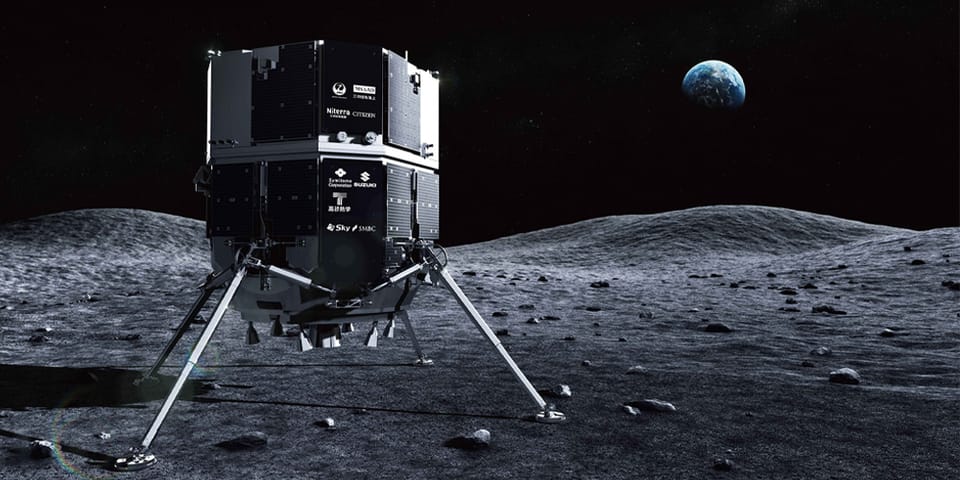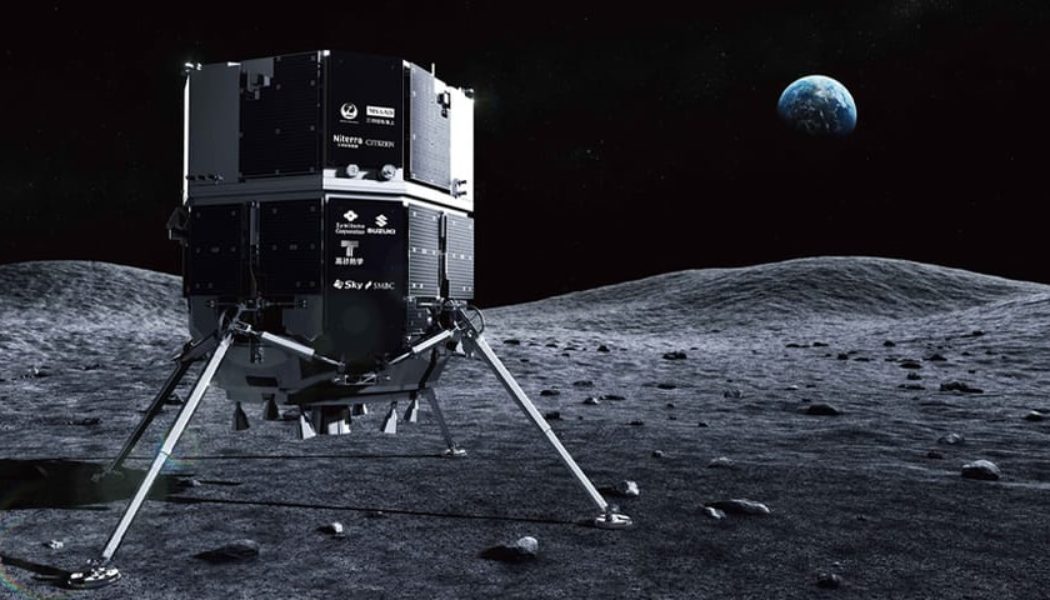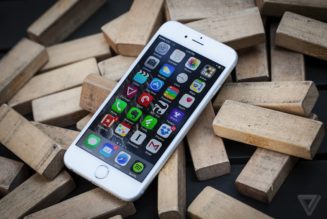
HAKUTO-R Mission 1 (M1) launched from Cape Canveral Florida on December 11 last year and officially entered lunar orbit on March 21. The craft is set to make a historic attempt to land on the surface of the Moon on April 25, and if successful, will be the first commercial mission to accomplish the feat. So far, only space agencies from the United States, the Soviet Union and China have successfully landed on the moon.
The primary goal of the mssion is to prove that iSpace can safely land and deliver cargo to the moon, setting up for future missions. On board the M1 lander are two rovers — one from UAE’s space agency called Rashid and the other from Japanese Aerospace Exploration Agency named SORA-Q. The rovers will venture to unexplored locations on the lunar surface, studying the geology and soil of the natural satellite. A particular place of interest is the Atlas crater located on the out borders of the Moon’s “Sea of Cold.”
“A lot of people are looking at this optimistically, as the beginning of the furthering of expansion into space,” says director of space systems at Honeybee Robotics, Stephen Indyk.
Landing on the Moon is no easy feat. Chandrayaan-2, a mission conducted by India’s space agency and the first private attempt by Israeli NGO SpaceIL, both resulted in crashes in 2019.
Later this year, several NASA-contracted companies also plan to carry cargo to the Moon. The firms Astrobotics and Intuitive Machines are set to launch via the new United Launch Alliance Vulcan rocket and SpaceX‘s Falcon 9 respectively. India is also set to try again this June with the Chandrayaan-3.
iSpace’s Hakuto-R is set to land on the Moon this Tuesday, April 25 at approximately 12:40 p.m. ET. Looking forward, iSpace has a second mission planned for 2024 which will include commercial payloads with the goal of collecting a lunar soil sample for NASA.
In other news, MIT spin-off introduces wireless tongue-operated trackpad.









